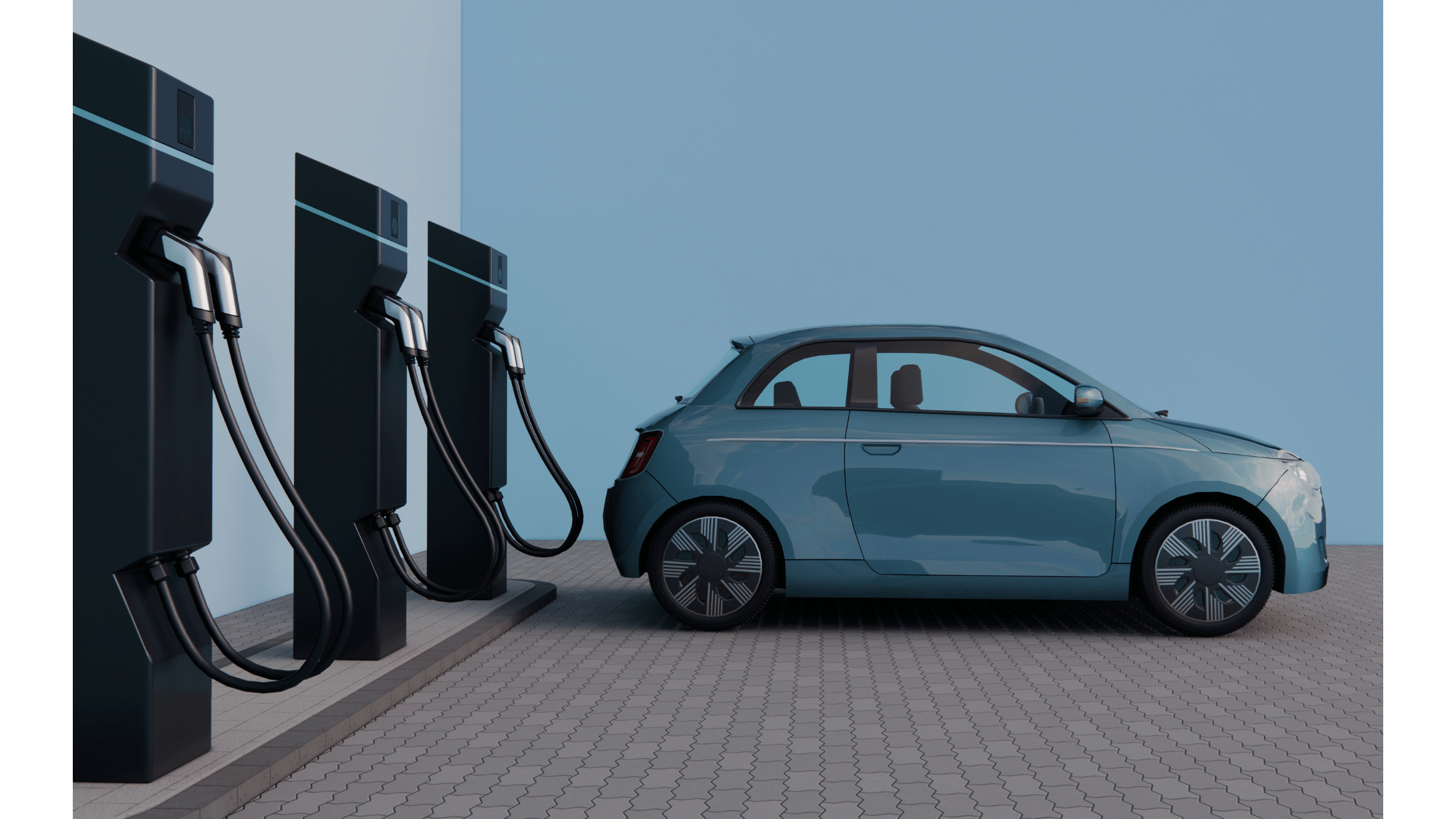The Impact of Electric Vehicles on India’s Economy
Electric vehicles (EVs) are not a new phenomenon, but they have recently started gaining traction in India. As the world transitions towards cleaner and sustainable energy sources, electric vehicles are being seen as a viable solution. The Indian government has been pushing for a shift towards EVs, and several electronics manufacturers in India have started developing EVs. This article explores the impact of electric vehicles on India’s economy.
Benefits of Electric Vehicles
-
Reduced Emissions: Electric vehicles have zero emissions, making them a cleaner and more sustainable alternative to traditional vehicles. This reduction in emissions will help India combat air pollution, which is a major problem in the country.
-
Lower Operating Costs: The cost of operating an electric vehicle is significantly lower than that of a traditional vehicle. EVs have fewer moving parts, and their maintenance costs are much lower. Additionally, the cost of electricity is lower than the cost of petrol or diesel.
-
Increased Energy Security: India imports a significant portion of its oil requirements, which makes it vulnerable to fluctuations in oil prices. With electric vehicles, India can reduce its dependence on oil imports and become more energy self-sufficient.
Impact on India’s Economy
-
Job Creation: The transition towards electric vehicles will create new job opportunities in India. According to a report by the Council on Energy, Environment and Water (CEEW), India’s EV transition could create up to 10 million new jobs by 2030.
-
Reduction in Fuel Imports: India spends a significant amount of money importing oil. By transitioning towards electric vehicles, India can reduce its oil imports and save money. The money saved can be used to invest in other areas of the economy.
-
Boost to the Electronics Industry: The transition towards electric vehicles will lead to an increased demand for batteries, motors, and other electronic components. This will provide a boost to the electronics industry in India. Several electronics manufacturers in India have already started developing EVs, and this trend is expected to continue.
-
Increase in GDP: According to a report by the CEEW, India’s EV transition could increase the country’s GDP by up to $300 billion by 2030.
Challenges to the Adoption of Electric Vehicles
-
Lack of Charging Infrastructure: One of the biggest challenges to the adoption of electric vehicles is the lack of charging infrastructure. Electric vehicles need to be charged regularly, and the absence of charging infrastructure can be a significant deterrent to their adoption.
-
High Cost of EVs: Currently, electric vehicles are more expensive than traditional vehicles. This high cost is a significant barrier to their adoption.
-
Limited Range: The range of electric vehicles is currently limited, and this can be a major concern for consumers. This limitation can be addressed by developing more efficient batteries.
Conclusion
Electric vehicles have the potential to revolutionize the Indian economy. The shift towards EVs will create new job opportunities, reduce India’s dependence on oil imports, and provide a boost to the electronics industry. However, there are several challenges to the adoption of electric vehicles that need to be addressed. The Indian government needs to invest in charging infrastructure, and electronics manufacturers in India need to develop more efficient batteries to increase the range of EVs. With the right policies and investments, India can become a leader in the adoption of electric vehicles and reap the economic benefits that come with it.








